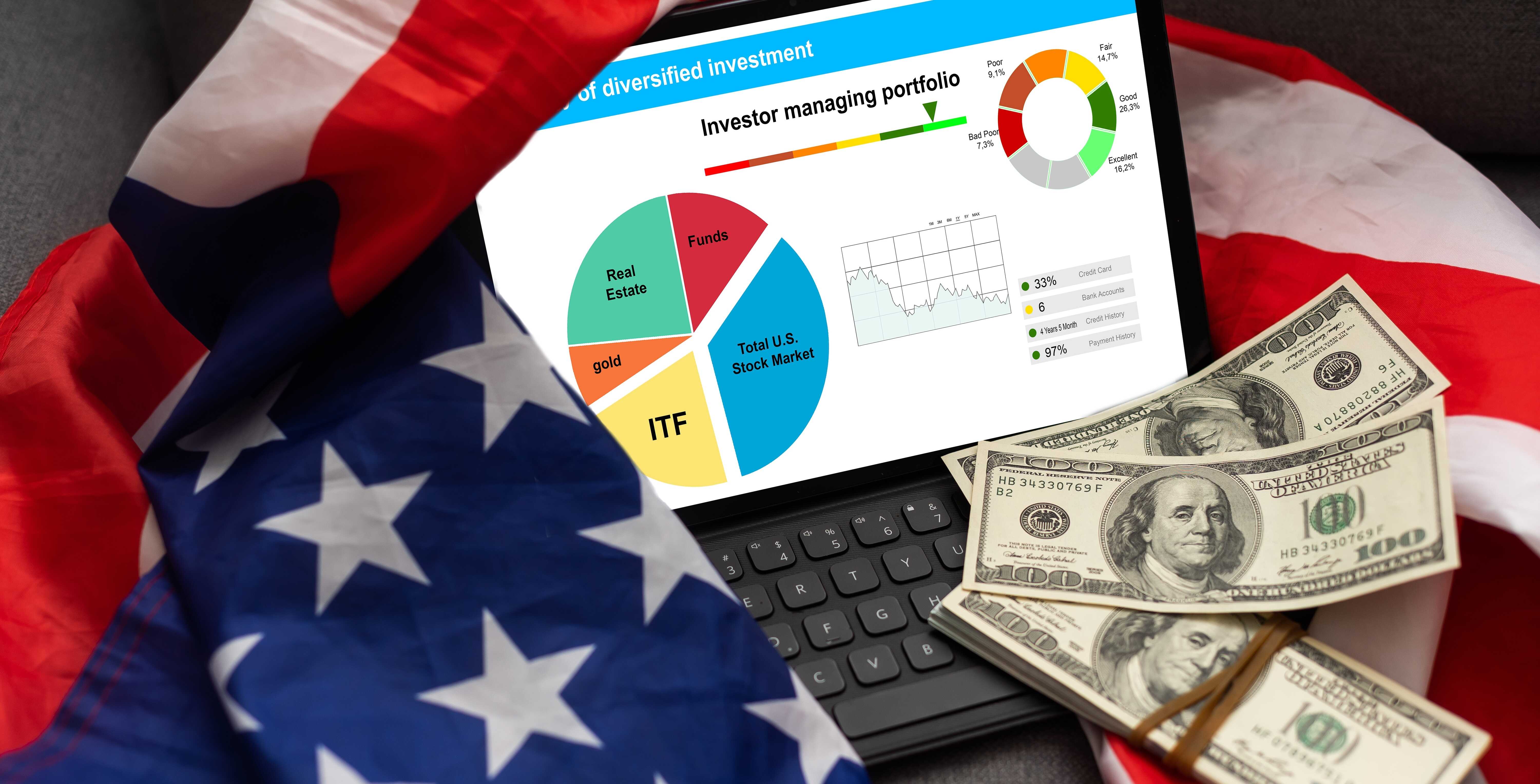Watch Out Wegovy: Here Comes Another Promising Anti-obesity Candidate

Investors interested in the pharmaceutical industry are currently excited about the anti-obesity market. Weight-loss therapies have become the industry's versions of rock stars, and none is more popular than Novo Nordisk's Wegovy.
Other companies are looking to challenge the Denmark-based drugmaker. Its longtime rival in the diabetes market, Eli Lilly (NYSE: LLY), recently launched a competing anti-obesity medicine called tirzepatide, marketed as Zepbound for this indication.
However, as recent clinical developments highlight, Lilly still has more promising products in its pipeline. Let's look into this recent progress and what it means for Eli Lilly.
Good news from a faraway land
Eli Lilly is developing a next-generation weight-loss therapy called mazdutide. The company is currently testing it in phase 2 studies, but the treatment just reported positive results from a phase 3 clinical trial.
Here's the background. In 2019, Eli Lilly sold the rights to develop and market mazdutide in China to Innovent Biologics (OTC: IVBX.F), a biotech company based there.
Innovent conducted a study that enrolled 731 patients in China and pitted mazdutide against dulaglutide, a medicine for type 2 diabetes marketed as Trulicity. (Until just last year, Trulicity was Eli Lilly's top-selling medicine, but it will lose that title to tirzepatide this year.) In the 28-week study, the results of which Innovent reported in early May, mazdutide showed non-inferiority -- and, in fact, statistically significant superiority -- in lowering patients' blood glucose levels and body weight compared to dulaglutide.
Those are strong results. Here's what investors should make of them.
An embarrassment of riches
First, let's note that this study was conducted in China. Designing clinical trial results is a complicated business. One important factor is choosing a pool of patients that is somewhat representative of the broader population (and of the subset of that population that suffers from the disease being studied) in which a company hopes to earn approval. That's why extrapolating Innovent's recent results to other countries, like the U.S. -- which has a vastly different demographic composition -- would be a bit premature.
Second, though mazdutide beat dulaglutide in helping patients lose weight in this trial, the latter was never approved for that indication by the U.S. Food and Drug Administration (it was prescribed off-label). Would mazdutide perform better than Wegovy in helping patients lose weight? That's a different question.
Those caveats aside, there is a broader point to note about Eli Lilly -- the company has an exciting portfolio of investigational products in this area. It boasts several more anti-obesity programs in its pipeline aside from tirzepatide and mazdutide.
Several corporations are looking to mount a challenge here, but it seems Eli Lilly has nothing to worry about. For the most part, competitors are laying eggs, or at least their clinical trial results haven't been that impressive. In fairness, that's just the nature of developing innovative medicines in any area.
There are some exceptions, particularly Viking Therapeutics, a mid-cap biotech that has delivered highly encouraging phase 2 results. Amgen is making solid progress as well. But Eli Lilly still seems better positioned than most to profit from the weight loss market, which will skyrocket in the coming years.
Eli Lilly's Zepbound generated $517.4 million in the first quarter -- its first full quarter on the market. It is difficult to overstate how impressive that is, and it would have been higher had Lilly been able to keep up with the incredible demand for the medicine.
The company's total revenue grew by 26% year over year to $8.8 billion, and is likely to grow about that fast for the foreseeable future, especially as Lilly's products earn brand-new approvals in the anti-obesity market and elsewhere. Therefore, Eli Lilly remains a top pharmaceutical stock to buy.
Should you invest $1,000 in Eli Lilly right now?
Before you buy stock in Eli Lilly, consider this:
The Motley Fool Stock Advisor analyst team just identified what they believe are the 10 best stocks for investors to buy now… and Eli Lilly wasn’t one of them. The 10 stocks that made the cut could produce monster returns in the coming years.
Consider when Nvidia made this list on April 15, 2005... if you invested $1,000 at the time of our recommendation, you’d have $671,728!*
Stock Advisor provides investors with an easy-to-follow blueprint for success, including guidance on building a portfolio, regular updates from analysts, and two new stock picks each month. The Stock Advisor service has more than quadrupled the return of S&P 500 since 2002*.
*Stock Advisor returns as of June 3, 2024
Prosper Junior Bakiny has no position in any of the stocks mentioned. The Motley Fool recommends Amgen and Novo Nordisk. The Motley Fool has a disclosure policy.
Popular Products
-
 Camping Survival Tool Set
Camping Survival Tool Set$106.99$73.78 -
 Put Me Down Funny Toilet Seat Sticker
Put Me Down Funny Toilet Seat Sticker$35.67$16.78 -
 Stainless Steel Tongue Scrapers
Stainless Steel Tongue Scrapers$24.99$16.78 -
 Stylish Blue Light Blocking Glasses
Stylish Blue Light Blocking Glasses$61.99$42.78 -
 Adjustable Ankle Tension Rope
Adjustable Ankle Tension Rope$38.99$26.78